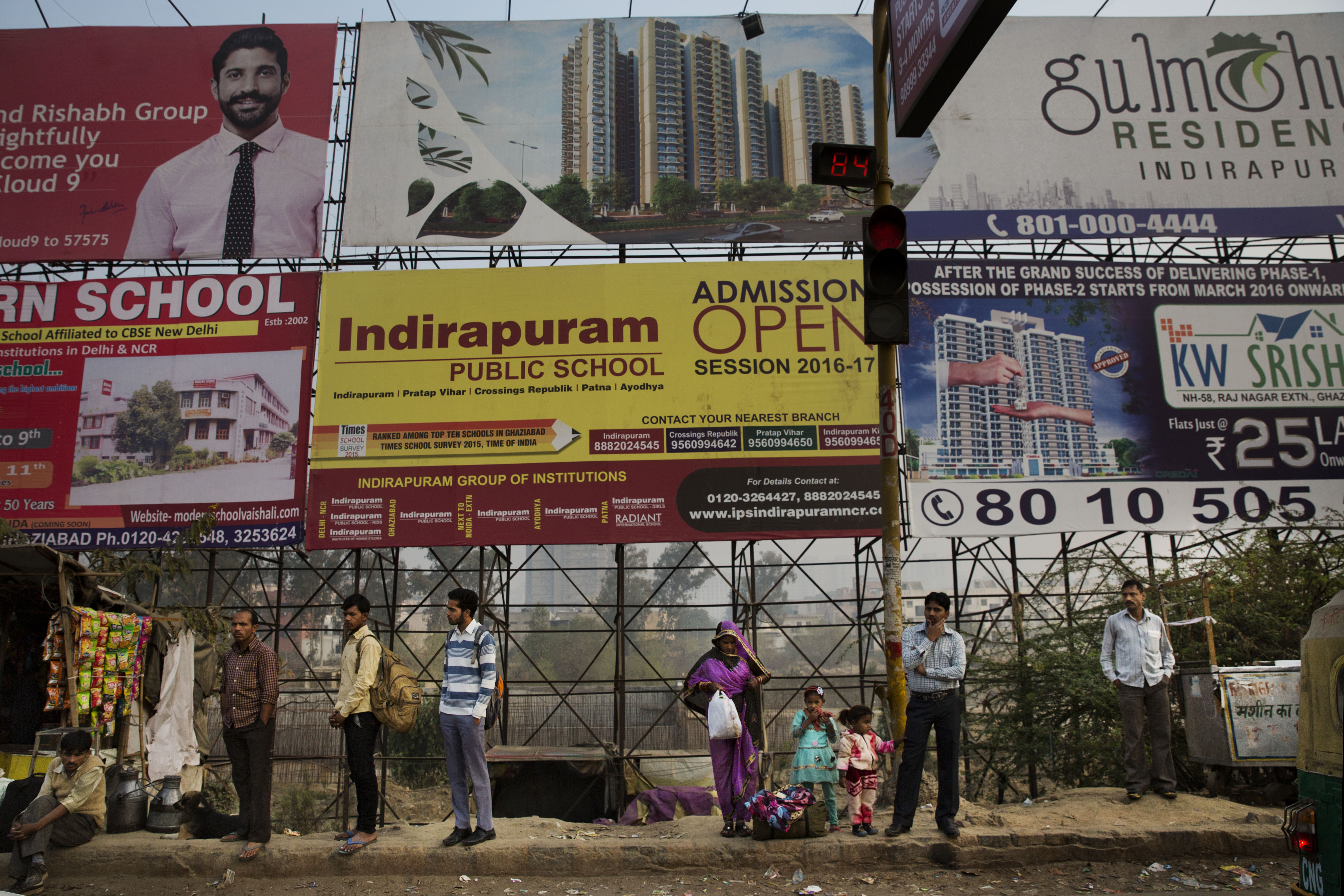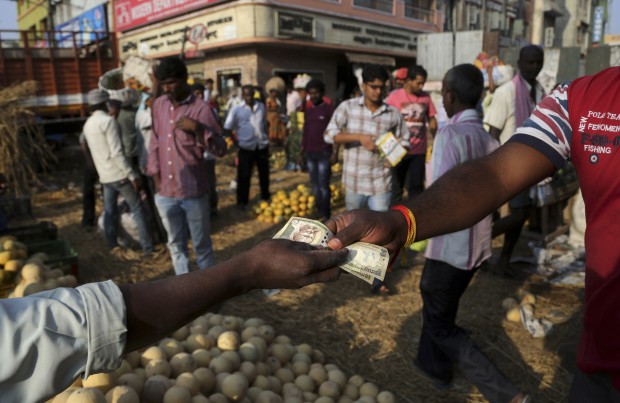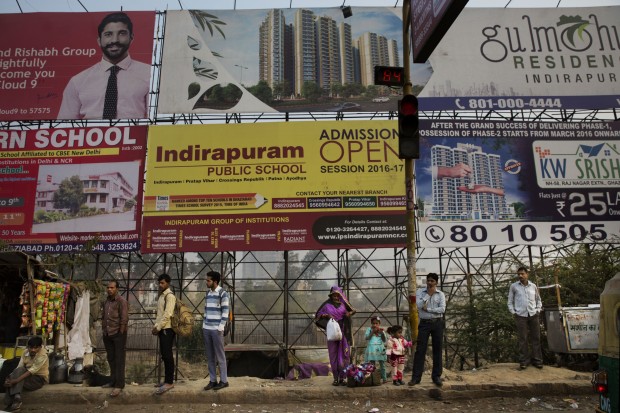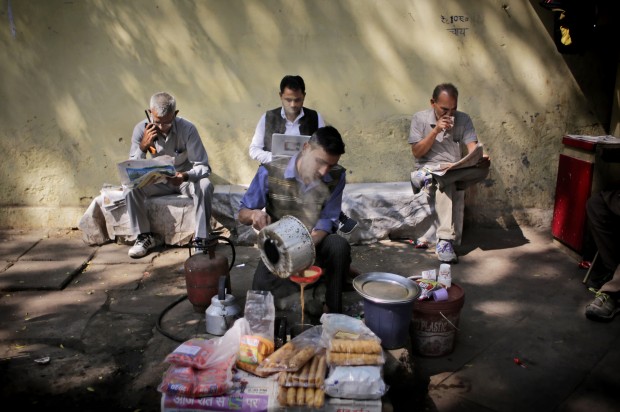
Impact of Indian Budget 2016 on Global Industry and Economy

Indian media does not tire of analyzing the Economic Survey and the Budget proposal 2016 announced by Mr. Arun Jaitely, the Finance Minister of Prime Minister Modi.
“Make in India”, “Ease of Doing Business” and “Skilling India” are three most important thrust areas that are close to the heart of Prime Minister Modi. Clearly, Prime Minister Modi has put all his might in these “Transformative Agenda” initiatives to give a boost to the Indian industry and economy.
Who’s who of the South Korean business, whose accumulative worth is $600 billion, had gathered in New Delhi for the first ever mega ‘India Korea Business Summit’ on Jan. 14-15. The aim was to push the ‘Make in India’ initiative by bringing together Indian skills and the Northeast Asian country’s manufacturing capabilities. The Summit was organized by Chosun Ilbo, the largest media business group in South Korea and the Confederation of Indian Industry.
Unfortunately, in 2014, as it took charge, the Government of Mr. Modi had inherited the draconian “Retrospective Tax regime” imposed by the previous government. It has been an uphill task for the Prime Minister to undo the damage it had already done to the sentiments of foreign investors.
In order to soothe nerves of foreign investors, the government has now offered one-time settlement of cases emanating from retrospective amendment of tax laws. The companies are being asked to pay the basic tax demand and get waiver for interest and penalty.
To provide a stable and predictable taxation regime, Finance Minister Arun Jaitley in Budget 2016-17, came out with a ‘Direct Tax Dispute Resolution Scheme’. This is meant to resolve cases pending in any court, tribunal, arbitration or mediation under the Bilateral Investment Protection Agreement (BIPA).
According to an article appearing in The Indian Express, “this is a big step towards tax reform and will act as a breather for companies like Vodafone and Cairn. They have been facing multi-billion dollar tax liability following retrospective tax amendments made in 2012.

Commissioned by the Times of India, according to global analytical company CRISIL report, “The current financial year will see car and utility vehicle sales grow 11-13%, aided by higher disposable incomes, seventh pay commission pay outs and competitively priced launches. Two wheeler sales will grow 10-12% on higher farm incomes. Commercial vehicle sales will increase 7-9%, driven by improved industrial growth, steady replacement demand from large truck operators and higher private consumption and finance”.
The report goes on to add, “Credit offtake is expected to grow 11-13% in 2015-16 and 12-14% in 2016-17, driven by narrowing spreads between bank base rates, money market rates, and healthy retail demand.
Total gross non-performing assets, which stood at 6% of gross advances as of December 2015, are expected to remain high in the next financial year”. A 49% increase in investments in national highways and Rs. 17,000 crore government spend on irrigation projects under the Accelerated Irrigation Benefit Project would be positive. An 11% increase in outlay towards urban infrastructure would be another plus.
Spurred by domestic consumption, there would be a boost in apparel sales by 6.5-7% year-on-year. It is expected that domestic apparel sales will grow in 2016-17, while the demand for exports is seen shrinking.
Broadly, a 10-15% increase in excise duty on cigarettes and 15-16% on several other tobacco products is expected to discourage consumption and impact revenue of key players including imports.

Published in Financial Express, according to “The Brand Trust Report of 2016”, Korean smartphone maker Samsung Mobiles has emerged as India’s most trusted brand followed by Sony and LG. Clearly, Indian consumers are acutely aware of what is good and not good in the market influencing brand trust and choice.
A Samsung spokesperson confirmed the company’s plans. “Samsung Electronics sees India as a very important market. Being a leading player in the consumer electronics and durables business and India’s biggest television and smartphone manufacturer, we are committed to the idea of ‘Make for India’,” the spokesperson said.
In February this year, the government invited South Korean investors to invest in India. They were informed of the initiatives taken by the Centre to simplify procedures, bring in transparency and systemic improvements.
Union Steel and Mines Minister, Narendra Singh Tomar, met a delegation from South Korea led by Mayor of Pohang, Lee Kang-Deok. The minister highlighted some of the government’s initiatives such as ‘Make in India’ and ‘Digital India’ and “invited South Korea to invest in India and partner by knowledge exchange and technology transfer.”
Discussions were also held on developing value added products/special steels with collaborative arrangements from steel majors in Korea. This includes design of Slag Granulation Plant (SGP) to introduce the technology in existing steel plants in India, it said.
With “Make in India” and “Ease of Doing business” initiatives by Prime Minister Modi, the Indian industrial investment landscape is wide open in the infrastructure development sectors like smart cities, power generation and roads.
With a tag of “Special Strategic Partnership”, the $10 billion fund extended by the Korean Government will provide much needed “shot in the arm” to the plans of Mr. Modi.


